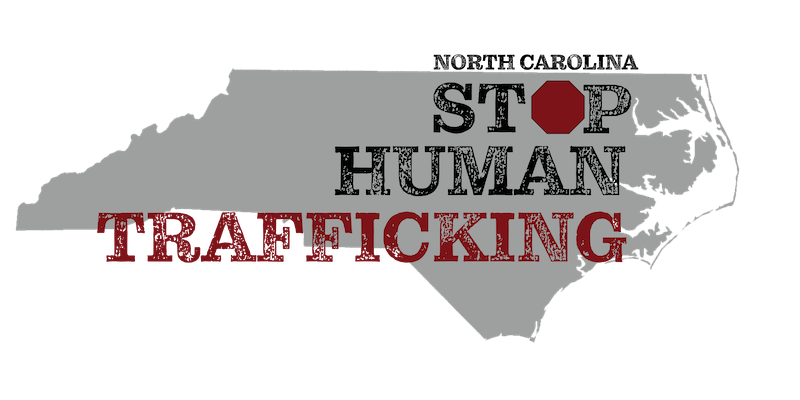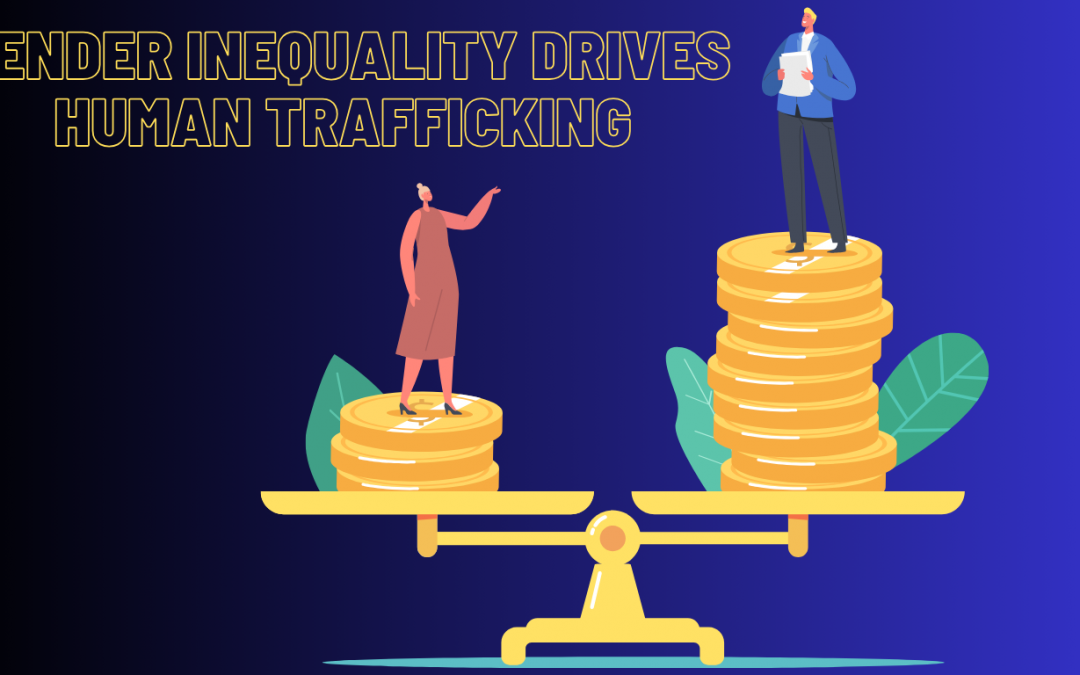Normalization of Exploitation
This normalization of exploitation makes women vulnerable to the manipulative wiles of traffickers. When society accepts and even lauds exploitation, sex trafficking will thrive.
According to the Indian Journal of Psychiatry, in patriarchal societies, the male may take more violent measures to control a female since he views any resistance from her as an insult to his “manhood.”
According to the Indian Journal of Psychiatry, within a sociocultural setting, masculine identity is often associated with feelings of power and dominance, contributing to toxic masculinity and the trafficking of women. This correlation leads to many men believing they are entitled to anything, — including women’s bodies.
Unhealthy masculinity not only affects women negatively but is also very psychologically harmful to men. It pushes a strain on mental and physical health that can lead to depression, self-harm, stress, etc.
Unfortunately, men can be seen as weak when seeking help, so some never receive it.
The following are some ways that discrimination and gender inequality increase the likelihood of human trafficking for women and girls:
Lower social status and legal standing
Women have a lower role than men due to cultural and patriarchal norms.
Lack of voice, autonomy, and rights Women have unequal rights and independence compared to men due to laws.
Women are often seen as a financial burden by their families
Due to cultural norms, women are not valued as highly as men.
Less access to education and training
Women do not receive the education they need due to patriarchal and psychological norms.
More likely to work in unregulated/informal industries.
Greater risk of sexual and gender-based violence and abuse
Women are seen as weaker than men, enabling men to gender-based violence.
Less representation in decision- and policy-making
Women have no education since, culturally, men make these decisions.
— Written by Ellie Bellia, outreach assistant. To contact Ellie, email ellie@encstophumantrafficking.org
What You Can Do
To combat gender inequality in an effort to reduce human trafficking, shop for fair trade certified products. NC Stop Human Trafficking’s Fair Traders Project programtrade-certifiedto carries products almost exclusively made by women artisans. Supporting their work supports their futures and can ensure exploitation is not a part of their lives.

